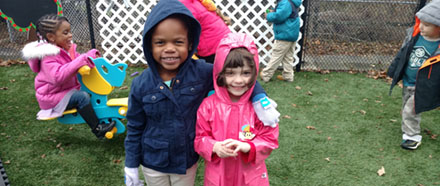Document Type
Honors Paper
Advisor
Sunil Bhatia
Publication Date
2020
Abstract
This ethnographic study incorporated participant observation field notes and narrative interview analyses of migrant adolescent students (N = 12) from diverse national and cultural backgrounds who arrived in Lübeck, Germany within 3 years. Situated within the current German migration context following the advent of the ‘Refugee Crisis’ in 2015, the study sought to understand how migrant students responded to shifting notions of ‘Germanness’ in relation to language learning to adapt to their new lives. A dynamic process-oriented acculturation model was employed to demonstrate how the participants altered their adaptive strategies in different contexts to achieve life goals and exhibit individual agency. The perpetuation of a monolingual paradigm of national identity (Yildiz, 2012) affected these orientations by lauding German language learning and discouraging students from speaking other languages, despite liberal politicians’ calls to embrace diversity. Students from hybrid cultural and linguistic backgrounds felt pressured to suppress these histories in order to ‘move forward’ and adopt German norms. Key findings emphasize the particular challenges of migrants from non-Western backgrounds to fit a narrow image of ‘Germanness’, the potential efficacy of assimilating for migrants who can pass as ‘German’, the promises of an integration program to facilitate new lives and diverse migrant identities, and the importance of belonging for societal integration. Recommendations for future psychological identity-based research, responses to national discourses, and school policies are proposed to facilitate successful integration and identity development across backgrounds.
Recommended Citation
Brauer, Scott, "“When I Came to Germany, Everything Changed”: Adolescent Migrant Narratives on Shifting Identities, Societal Integration, Language Learning, and Citizenship Pathways" (2020). Human Development Honors Papers. 10.
https://digitalcommons.conncoll.edu/humdevhp/10
The views expressed in this paper are solely those of the author.
